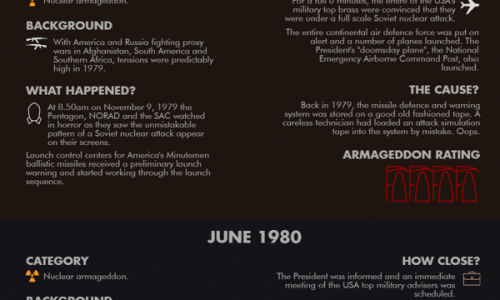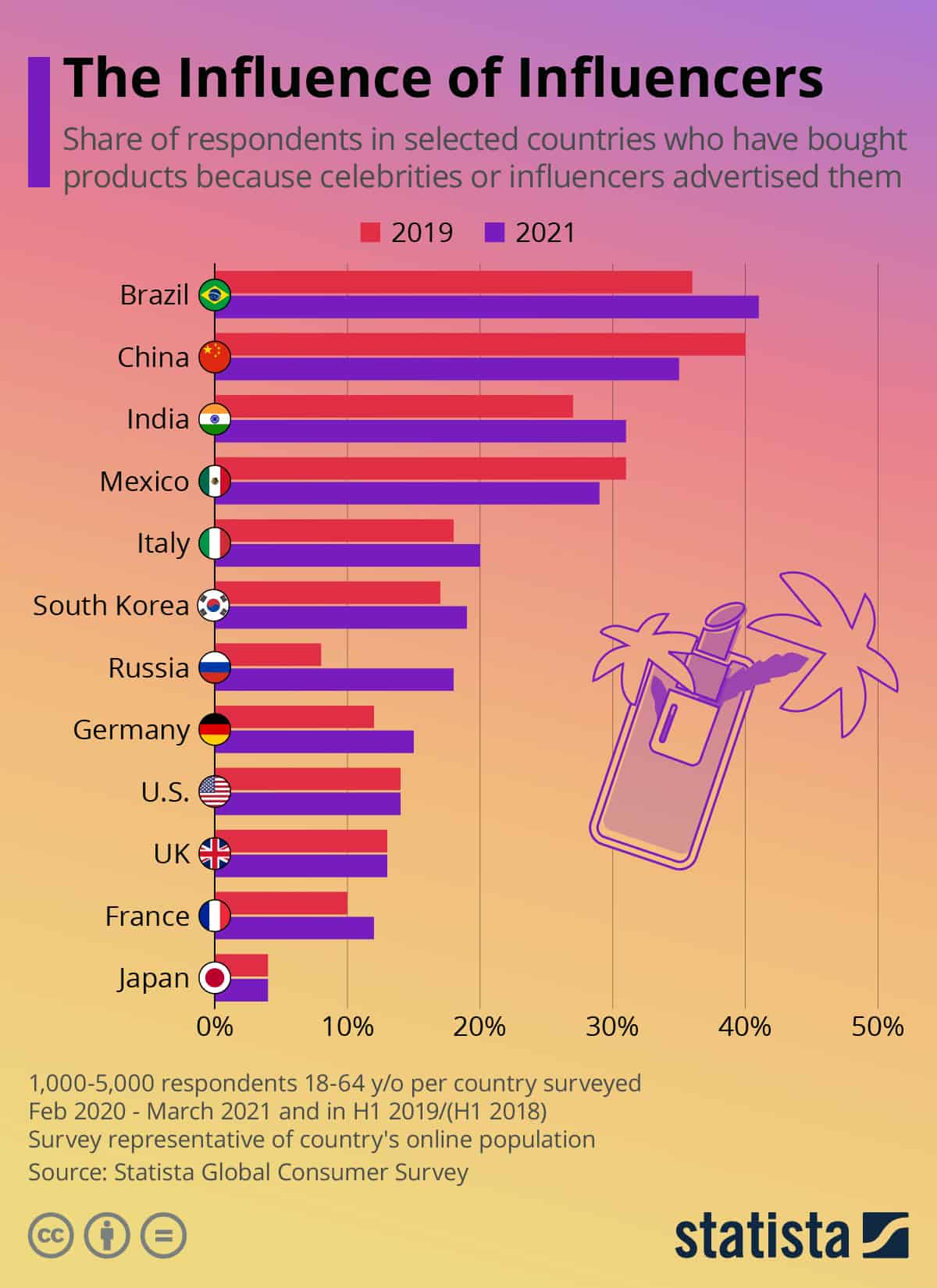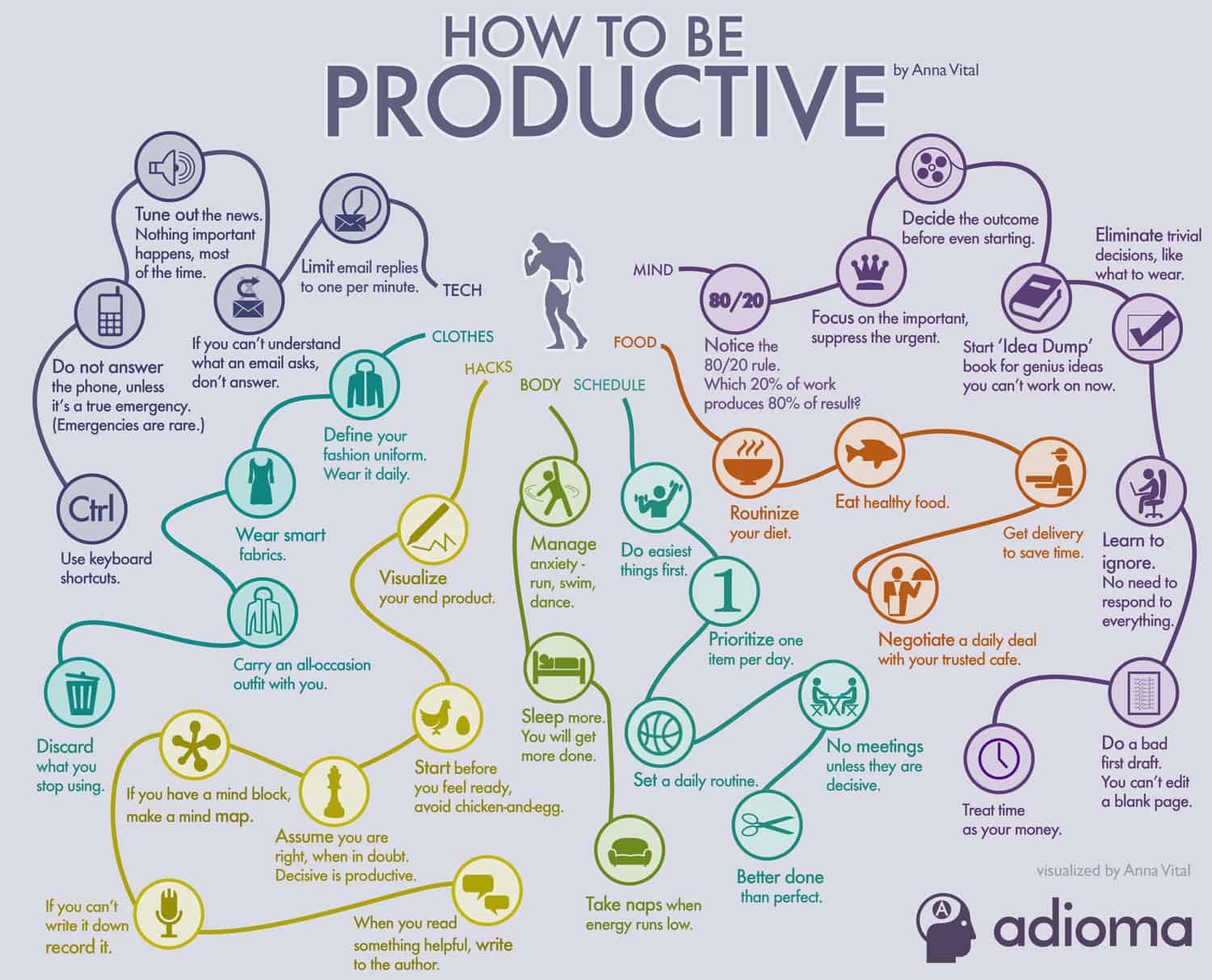
Elon Musk might sound like Ray Bradbury or George Orwell when he discusses space travel and artificial intelligence, but as the founder of Tesla, SpaceX (Space Exploration Technologies), and Solar City, he’s an inventor who understands the future of technology better than most.
He certainly isn’t a writer planting futuristic ideas into fictional literary works to seduce our imagination. In our real life stories, he is a main character painting the next two decades as a fast-moving techno-landscape that lies somewhere on the border of utopia and dystopia.
Coming next year, the high-tech soothsayer predicts that his company SpaceX will launch reusable rockets that can leave our planet, venture into the thermosphere, and land safely back on Earth, which would allow for efficient commercial space travel. Consider that he already made history when his “Dragon” spacecraft became the first commercial vehicle to attach to the International Space Station five years ago.
If you’ve been following the North Korea escalation with concern, you might want to note Elon tweeted: “If you’re not concerned about AI safety, you should be. Vastly more risk than North Korea.”
Musk believes that artificial intelligence offers a serious existential threat to humans. He took the notion to a significant level when he said that experimenting with AI is tantamount to “summoning the demon” and that AI technology is “growing at a pace close to exponential”.
Look for the AI threat around 2024, according to Musk, and if earthlings do survive the AI insurrection, he foresees that machines will perform at a higher level than humans at every imaginable task by 2040.
He also says that in 2040, humans will plant their flag on Mars with a colonized city developing by 2060.
As far as life on Earth goes, within 10 years electric cars will lead the market, and solar energy will be the dominate provider of power by 2033.
Musk is a visionary who claims the mentality of a “samurai” who would rather commit “seppuku than fail”. He has also said that he doesn’t have a girlfriend because he is not willing to commit 5 to 10 hours a week on a personal relationship, and he once told an employee who missed a company event to witness the birth of his child, that his absence was not excusable, telling his employee, “I am extremely disappointed. You need to figure out where your priorities are. We’re changing the world and changing history, and you either commit or you don’t.”
The man is certainly committed to the cause of evolving the world, but will his predictions hold true?
For an infographic on the future of virtual reality, click here.




